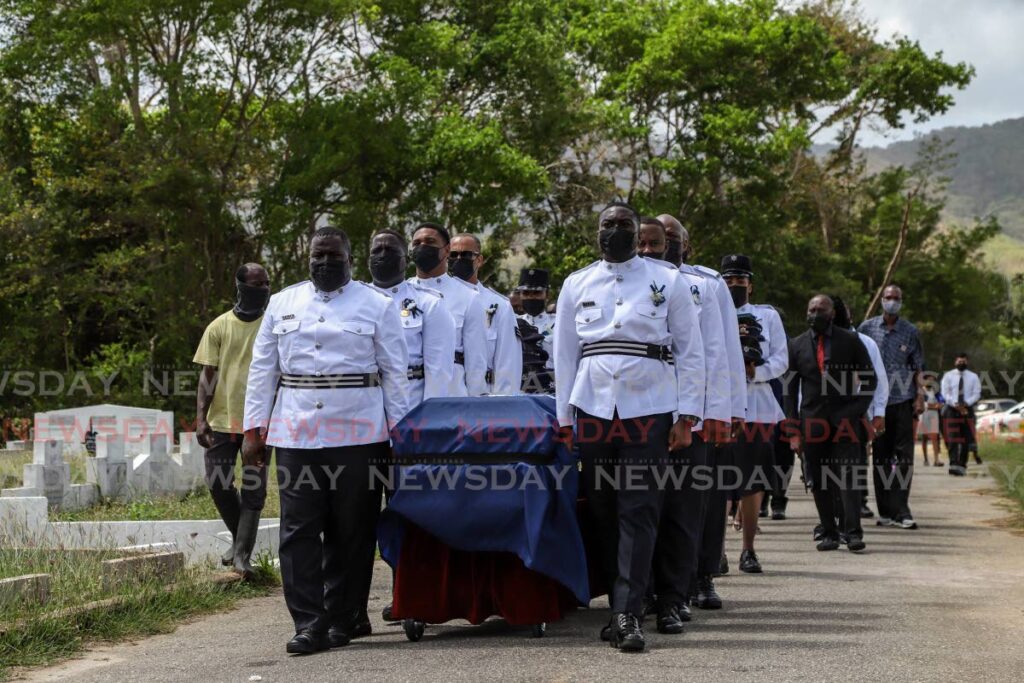The troubling legacy of PC Gilkes

The Police Complaints Authority, in a statement issued on Thursday, accused officers involved in an incident on April 22 at Rich Plain in Diego Martin, of deliberately misleading acting Commissioner of Police McDonald Jacob about the circumstances in which the PC Clarence Gilkes was killed.
The report was unusually blunt, describing it as "one of the clearest examples of abuse of police power that the PCA has investigated to date."
The acting CoP was said to have been embarrassed by the alleged deceit, but he should also be worried about the extent to which his officers seem willing to cover up errors in the field to protect their own.
The humiliation for the police service runs deep in this matter.
After the officer's killing, Mr Jacob put his officers on a war footing to respond to the incident, deploying over 100 officers, soldiers and special units to hunt down an unarmed man who had been shot at by police officers.
He did not stand down from that position until the autopsy report on the officer revealed that Mr Gilkes had been killed by one of his own.
Meanwhile, Jhelano Romney fled to Venezuela, and only returned to surrender to the PCA. After the DPP reviewed the police file on the matter, he was released.
Attorney Ulric Skerrit accused the authority of a taking a biased and haphazard approach to its investigation.
Mr Skerrit noted that his clients, an acting corporal and two constables assigned to the Western Division Task Force, had not been interviewed prior to the issuing of the statement.
The PCA's findings are preliminary and are expected to assist the police in their parallel probe of the incident.
To advance the investigation, a police complainant must certify the statements taken by PCA investigators, conduct identification parades and interview the suspects before the DPP can review the investigation file and make a judgement on prosecution.
In far too many cases involving police error or deliberate malfeasance, the outcomes are unclear and cases become lost in the interminable lags of justice's delivery.
In this instance, Mr Jacob should demand from his officers a truthful recounting of the circumstances of the death of Constable Gilkes, and ensure the case is supported by available ballistics evidence.
The police service, having secured the weapons used that day as evidence should ensure that a proper chain of custody is kept to facilitate further forensic analysis.
Mr Jacob must demonstrate leadership in identifying the circumstances of this officer's death and not allow it to be swept away as an accident without accountability or closure for Mr Gilkes' family.
There have been enough shameful falsehoods aired in the slain officer's name. His memory should not be sullied by a cover up.

Comments
"The troubling legacy of PC Gilkes"